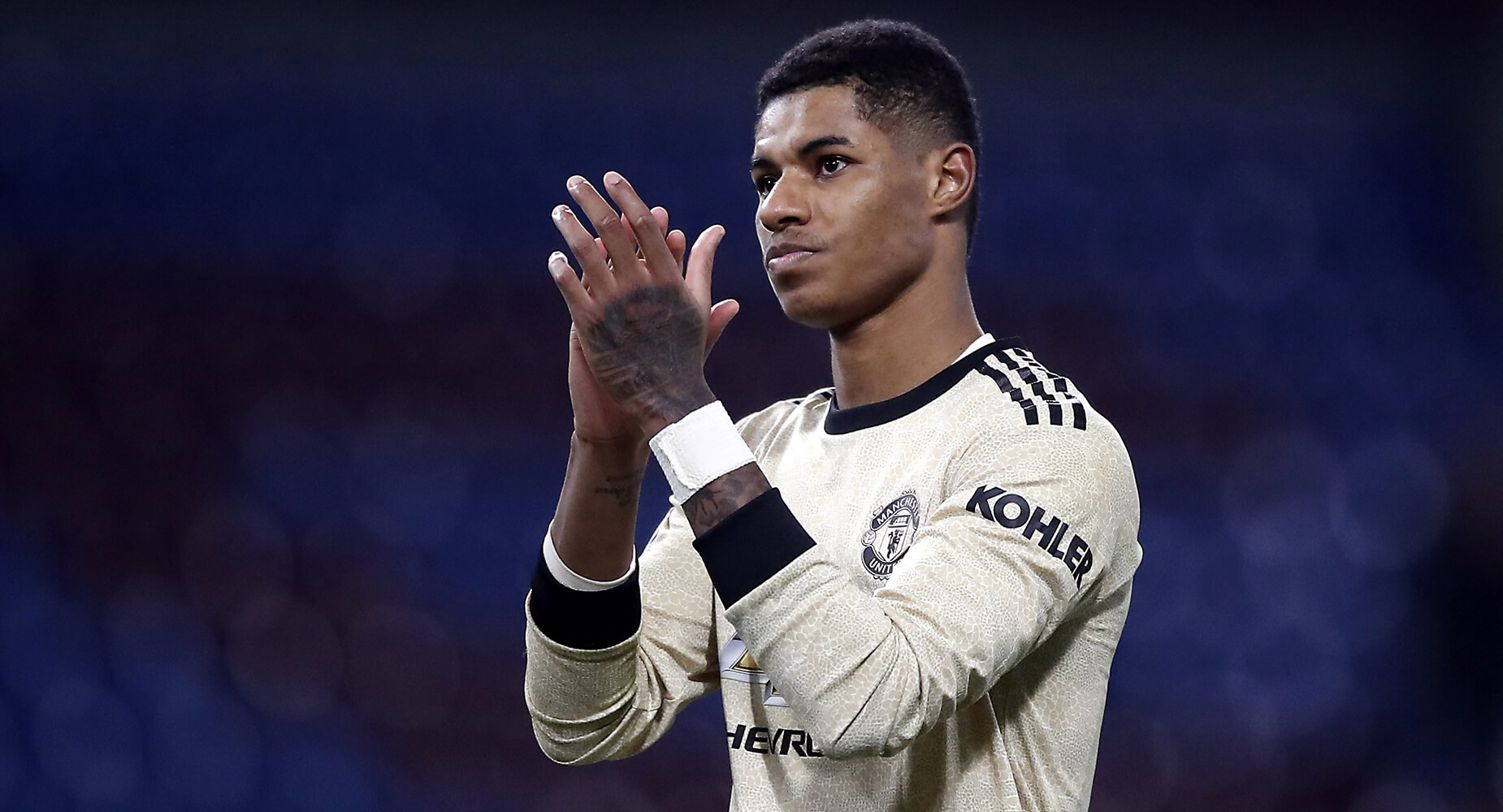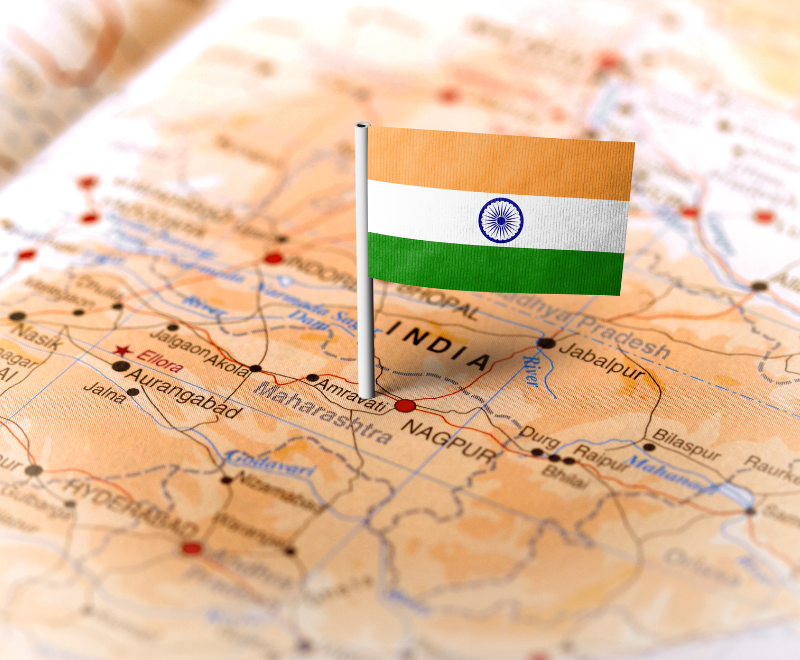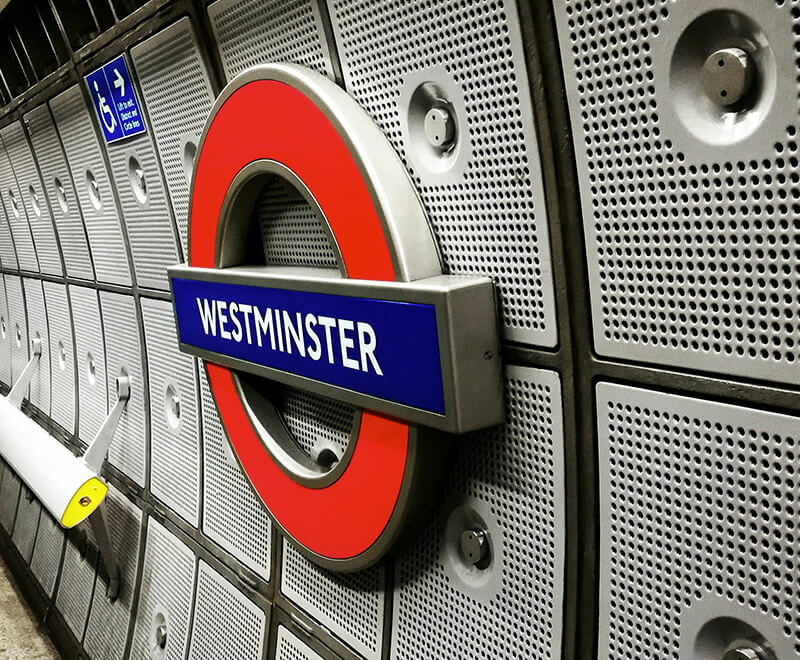The worlds of lobbying and football collided this week as England footballer Marcus Rashford brilliantly forced the Prime Minister’s hand in providing free meals for 1.3 million disadvantaged young children during the summer holidays. It is an issue that campaigners have been fighting on for weeks, but a goal that Rashford scored in a couple of days.
The victory was the result of a well-executed, passionate and authentic campaign by an England footballer adored by millions, and a timely reminder of the tremendous lobbying potential at the disposal of our sporting idols.
Food poverty has been high on the agenda during lockdown and early on the government committed to providing free meals to children who qualified but insisted this would not continue outside of term time. Unhappy with the decision, Rashford wasted no time in leveraging his international profile to get the government to U-turn.
At the heart of his campaign was a powerful, raw open letter to MPs. Discerningly drawing on his own experiences of poverty and reliance on free meals and food banks as a child, Rashford’s letter captured the hearts and minds of the general public, the media and MPs across all parties, with Conservative MPs (many of whom opposed the decision) becoming increasingly anxious that the Prime Minister was locked into a losing battle.
Rashford’s 2.9 million Twitter followers quickly got behind their idol and well-known individuals, including the likes of Piers Morgan who has been particularly vocal during the pandemic, spoke out in support. Public pressure was mounting, and the government was forced into playing defence.
Before long the England forward was writing for this week’s Times’ Red Box, in which he acknowledged that “if someone had said ten years ago that I would one day be writing for The Times I would have laughed.” However, what really struck a chord with readers was his admission that, whilst he didn’t have the education of an MP in parliament, he had something more important: a social education. His campaign, built on personal experiences and a true understanding of poverty in the UK, was, as The Guardian described, “a political masterclass”.
The government’s immediate rebuttal only added more fuel to fire, with Boris initially choosing to turn a blind eye to the campaign, while Therese Coffey replied to Rashford’s heartfelt plea with a dismissive and disdainful tweet, “Water cannot be disconnected though”. More learned communications professionals appear to have then mobilised, as two hours and 10,000 replies later the Secretary of State for Work and Pensions followed up with a more considered response about the government’s wider support for those with financial difficulties.
It became clear at this point that Rashford’s campaign had gained too much traction to ignore. Not only did Boris risk a rebellion amongst Conservative MPs, he also risked looking like an out of touch leader who had no real sense of the true impact of Covid-19 on people’s day to day lives. An accusation he is having a hard time fighting off after similar allegations in response to his most senior advisor’s trip to Barnard Castle.
In instigating a government U-turn, Rashford has become one of several footballers to recently speak out on social injustices and to lead fundraising initiatives. Others include Raheem Sterling on racism, Jordan Henderson spearheading the #PlayersTogether campaign and Harry Kane sponsoring Leyton Orient – an impressive counter attack from England’s forwards following the criticism they took from Matt Hancock and others at the start of lockdown over taking a pay cut.
What Marcus Rashford has achieved is remarkable and demonstrates the immense power for positive social change that modern footballers wield with their large social followings and significant media profiles. With the Prime Minister’s persistent indecision leading to comparisons beginning to be made between himself and Theresa May, he will be frustrated that he’s been forced to U-turn once more but will hopefully appreciate the spirit of Rashford’s celebratory response to yesterday’s announcement: “Just look at what we can do when we come together”.
The young footballer’s campaign proves that there is little a popular social cause amplified through widely read media outlets and backed by high profile ambassadors cannot achieve. It might be a way off still, but when Marcus Rashford’s playing days are over there is a spot open for him on Pagefield’s Senior Advisory Board.



